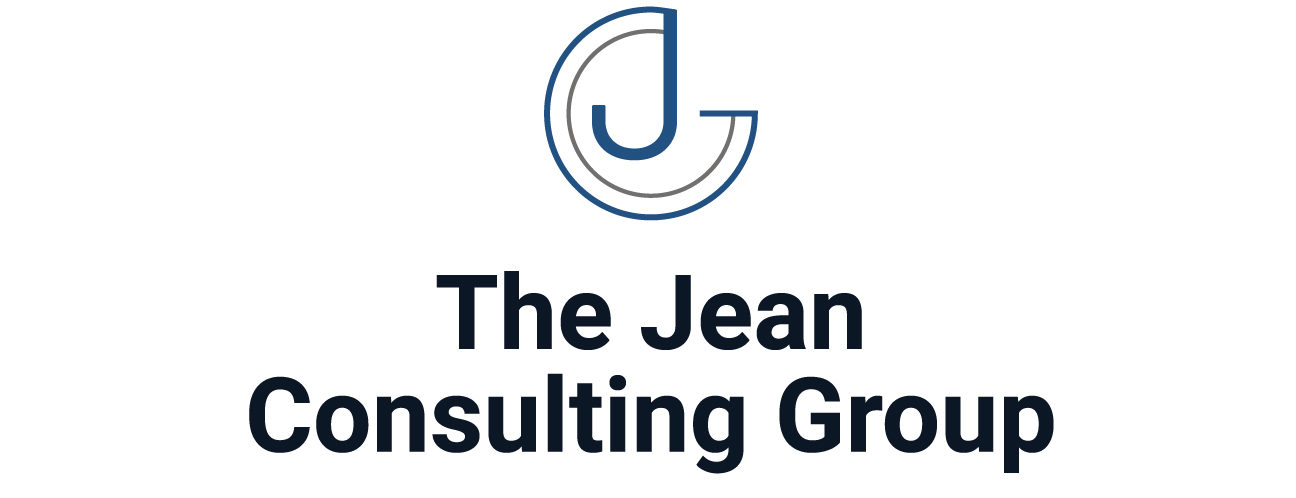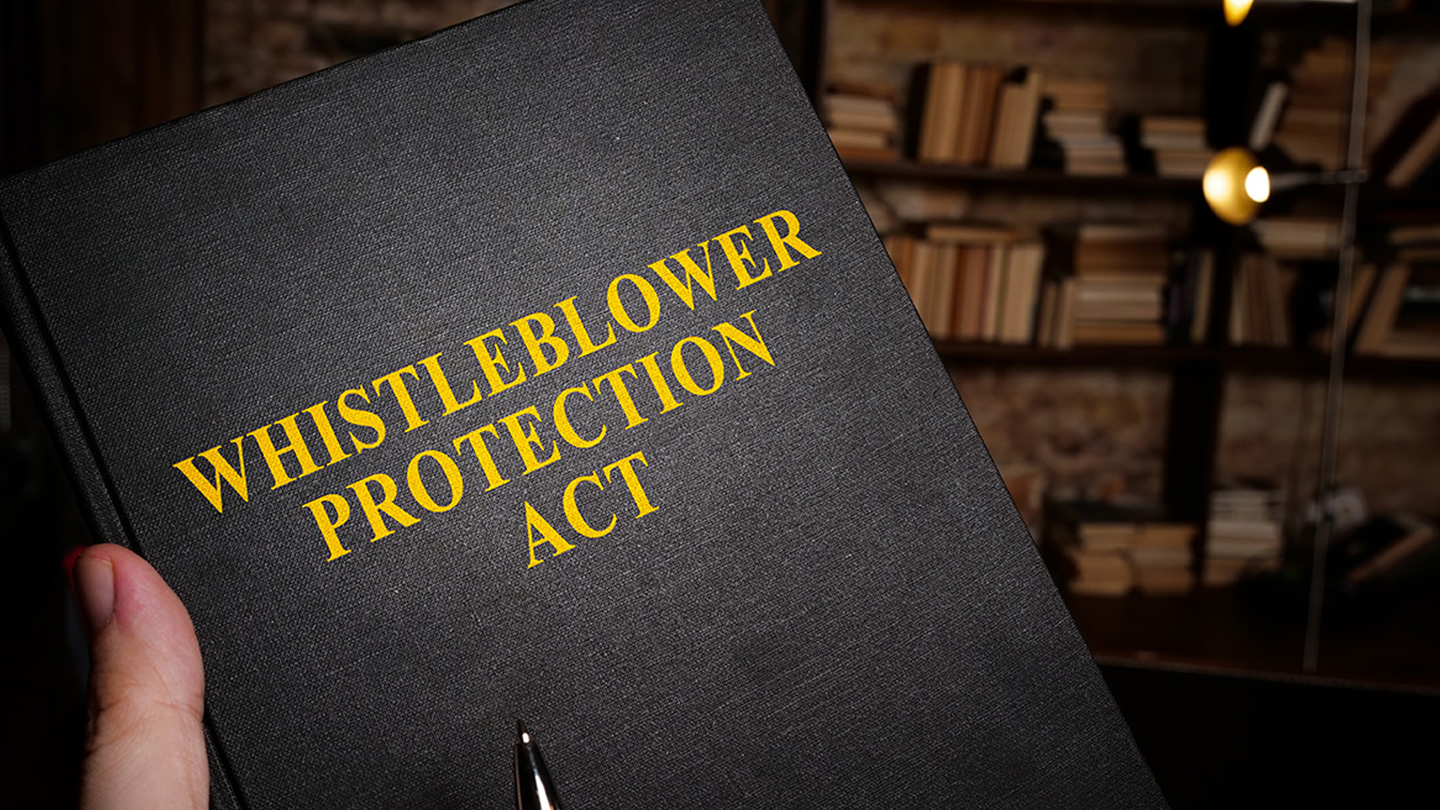Ethical conduct lies at the heart of every successful organization, guiding decision-making, fostering trust, and maintaining integrity. As such, the development of robust policies and handbooks that address ethical conduct and whistleblower provisions is imperative. This article delves into the significance of integrating whistleblower provisions into organizational policies and handbooks, offering guidance on creating documents that promote transparency, accountability, and ethical behavior throughout the organization.
Understanding Ethical Conduct & Whistleblower Provisions
Ethical conduct encompasses adherence to moral principles and professional standards in all aspects of organizational operations. Whistleblower provisions, on the other hand, provide mechanisms for employees to report misconduct, violations of law, or unethical behavior without fear of retaliation. These provisions serve as essential safeguards for organizational integrity and transparency, empowering employees to speak up about wrongdoing and ensuring that ethical lapses are addressed promptly and effectively.
Key Components of Ethical Conduct & Whistleblower Provisions
When developing policies and handbooks that address ethical conduct and whistleblower provisions, organizations should consider including the following key components:
- Code of Ethics: A comprehensive code of ethics that outlines the organization’s values, principles, and expectations regarding ethical behavior, including standards of conduct, conflict of interest policies, and guidelines for ethical decision-making.
- Whistleblower Policy: Clear guidelines and procedures for reporting suspected misconduct or unethical behavior, including mechanisms for anonymous reporting, protection against retaliation, and avenues for escalating concerns to appropriate authorities.
- Confidentiality and Non-Retaliation: Assurance of confidentiality for whistleblowers and protection against retaliation or adverse actions for reporting in good faith, emphasizing the organization’s commitment to supporting ethical behavior and accountability.
- Investigation and Response Procedures: Protocols for investigating whistleblower reports, conducting impartial inquiries, and taking appropriate corrective actions to address substantiated allegations of misconduct or ethical violations.
- Training and Education: Provision of training and awareness programs to educate employees about ethical conduct, whistleblower rights and protections, and the importance of reporting concerns in accordance with organizational policies and legal requirements.
Strategies for Integrating Whistleblower Provisions
To effectively integrate whistleblower provisions into organizational policies and handbooks, organizations can employ the following strategies:
- Dedicated Handbook Sections: Develop dedicated sections in the employee handbook that outline the organization’s code of ethics, whistleblower policy, and procedures for reporting misconduct, ensuring that all employees are aware of their rights and obligations.
- Training and Awareness Programs: Provide comprehensive training and awareness programs to educate employees about ethical conduct, whistleblower protections, and the importance of reporting concerns in a timely and appropriate manner.
- Promotion of a Speak-Up Culture: Foster a culture of transparency, accountability, and trust by encouraging employees to speak up about ethical concerns and providing assurances of confidentiality and non-retaliation for whistleblowers.
- Effective Communication: Ensure that policies and procedures related to ethical conduct and whistleblower provisions are communicated clearly and effectively to all employees, using multiple channels and formats to reach diverse audiences.
- Regular Review and Update: Commit to regularly reviewing and updating policies and handbooks to reflect changes in laws, regulations, and organizational practices related to ethical conduct and whistleblower provisions.
Conclusion
Integrating whistleblower provisions into organizational policies and handbooks is essential for promoting transparency, accountability, and ethical behavior throughout the organization. By providing clear guidelines, protections, and support mechanisms for whistleblowers, organizations demonstrate their commitment to upholding ethical standards and maintaining trust and integrity in the workplace. As organizations navigate the complexities of ethical conduct and whistleblower protections, robust policies and handbooks serve as essential tools for fostering a culture of ethics and accountability that benefits employees, stakeholders, and the organization as a whole.




